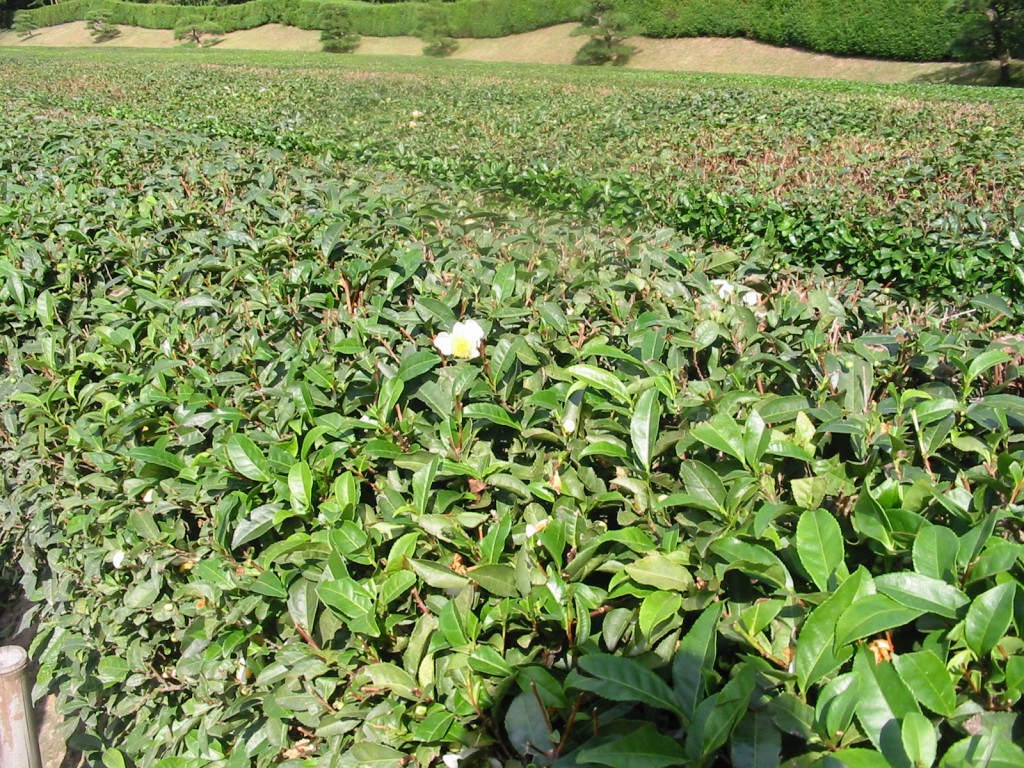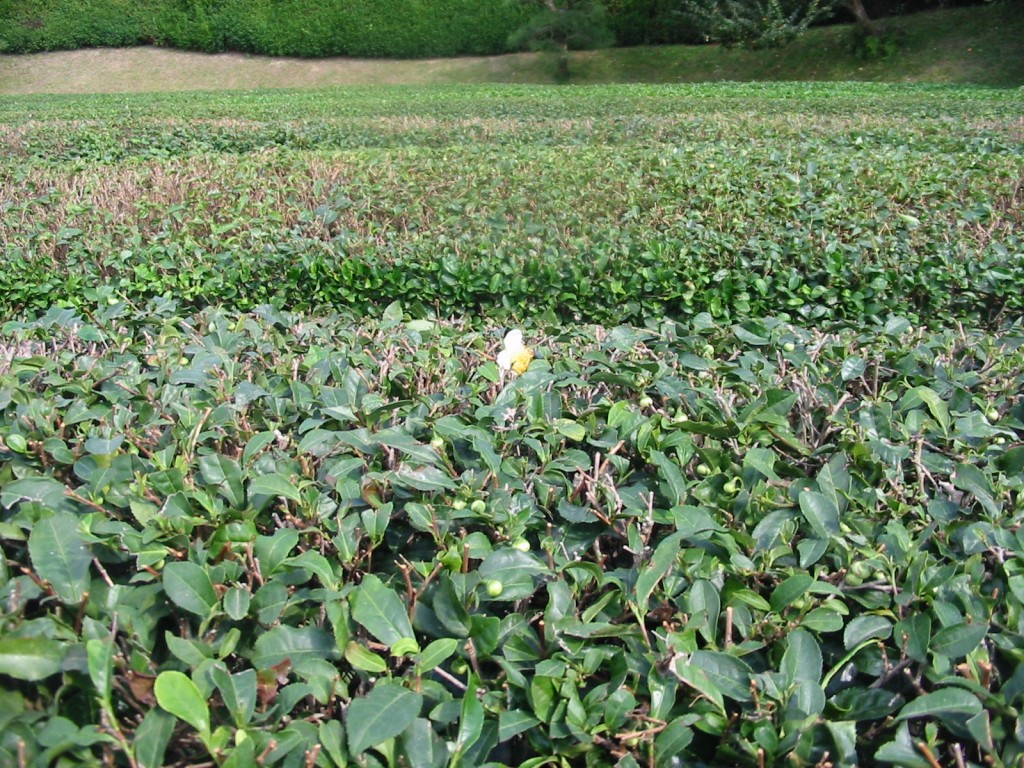
The strongest flavored tea made from the Camellia sinenses leaves is called black tea or red tea. Black tea is the tea which was most commonly sold over the years in the US by brand names like Tetley, Lipton or “Good Morning” organic. Black teas are made from “fermented” tea leaves.
What is called fermentation is really oxidation because it takes place when Camellia sinensis leaves are spread on trays in a cool, humid atmosphere to oxidize the leaves. This changes the chemical structure of the leaf, and allows the tea’s characteristic flavor to emerge. The longer a tea is allowed to ferment, the stronger flavor it will have and the darker it will become. To retard the fermentation process the leaves are dried. After drying the leaves are graded - longer leaves are used for loose teas and leftovers and dust leaves are used for tea bags.
Connoisseurs think of tea like great wines or coffees, each with its special flavor. Aged tea is considered a great delicacy in the Chinese culture. TheGardenLady was invited to a Chinese tea ceremony where she tasted 50 year old black tea. This was a first for TheGardenLady who has attended a number of Japanese Tea Ceremonies.

